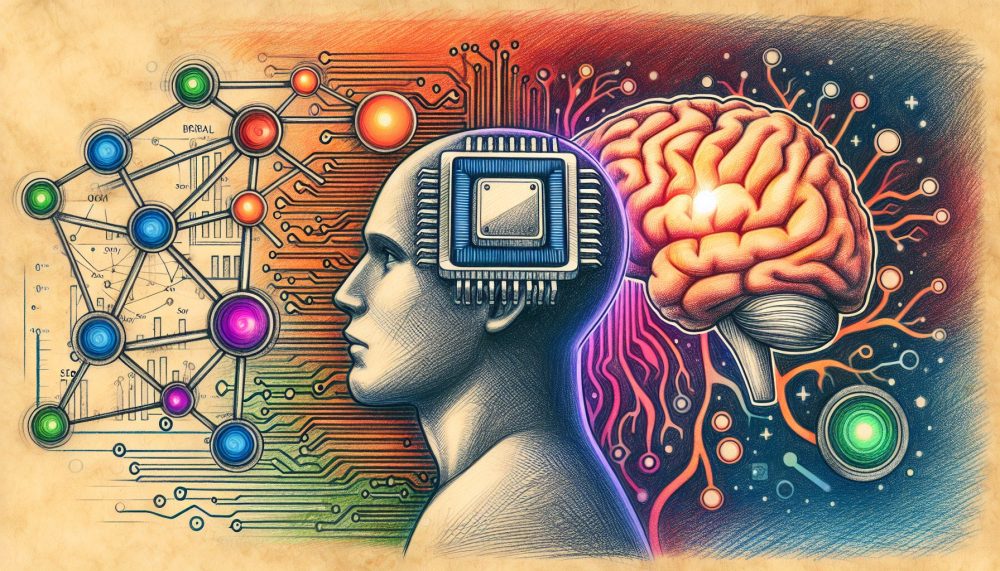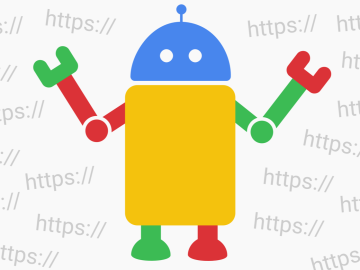The debate around artificial intelligence’s (AI) role in search engine optimization (SEO) is escalating. Some argue that AI’s analytical strengths might overshadow human roles, but the current limitations of AI beg to differ.
Despite AI’s ability to handle large amounts of data better than humans, it lacks adaptive creativity and contextual understanding. AI cannot fully grasp human language and context nuances as humans do, underscoring the irreplaceable role of human expertise in SEO strategies.
AI’s involvement in SEO also raises ethical concerns as it could potentially promote biases in search engine rankings beyond experts’ control due to automated and less transparent information presentation, ranking, and visibility.
Nevertheless, AI’s role in SEO is not to replace but optimize human effort. AI acts as a tool that enhances human work by automating routine tasks, thus requiring precise prompts from humans. As AI continues to evolve, it escalates the need for technically skilled human employees rather than rendering them redundant.
Furthermore, AI technology might revolutionize SEO, but it must work within human-set boundaries. Inaccuracies arising from the lack of precise instructions and human supervision might lead to subpar results.
Even the most advanced AI technology requires human intervention to reach its fullest potential.
Balancing AI and human input in SEO strategies
AI systems and human resources must work in harmony, depending on the latter’s critical thinking and problem-solving skills for consistent and reliable outputs.
As such, companies must invest in gaining technical expertise to unlock AI’s full potential, given the latter often struggles with subjective human input, leading to unpredicted outcomes.
AI’s ability to analyze large volumes of data might raise concerns over whether more information is always beneficial. In fact, vast amounts of irrelevant or erroneous data might skew AI’s learning process, with privacy concerns complicating matters. Therefore, ensuring the data’s reliability, relevance, and security is crucial for optimizing AI’s performance and maintaining user trust.
AI should augment rather than replace human work. Balance is key when integrating AI into the workspace; hence, humans and AI must cooperate to achieve desired outcomes. Employers must exploit their teams’ technical expertise for effective AI usage, with AI primarily serving as a support tool to enhance human employees’ efficiency.
A strategic implementation of AI will optimize operational efficiency and make the workforce more innovative and productive. Upskilling employees through continuous learning and development will create a more collaborative, efficient, and innovative working environment where human creativity and AI work together toward informed decisions and strategies.





